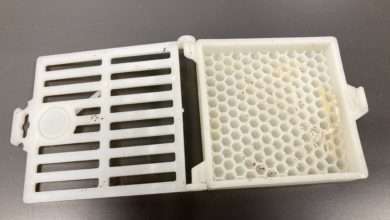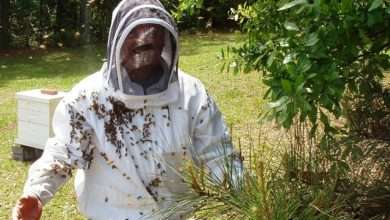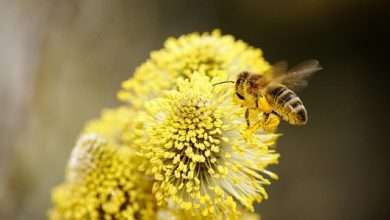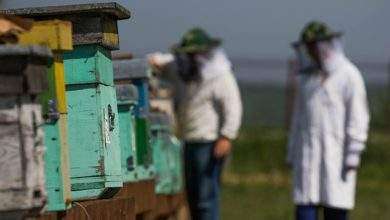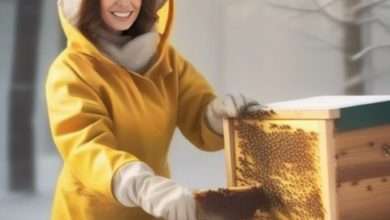Do Beekeepers Live Longer?
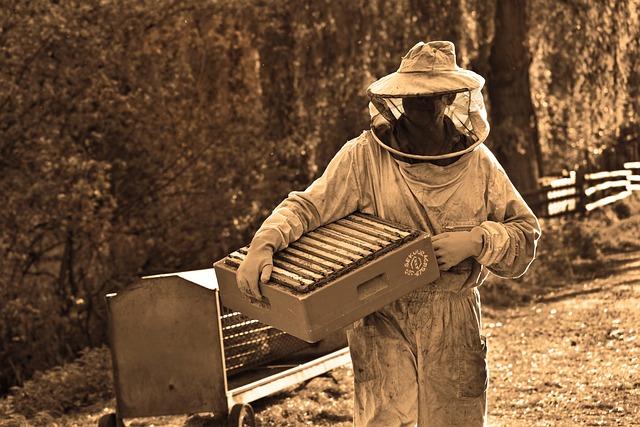
Since ancient times, people have held the notion that beekeepers have the longest lifespans of everyone. The length of life of beekeepers has not yet been studied, yet.
Due to the advantages of honey, bees have drawn the attention of humans for more than 5000 years. For instance, bees and honey were very valuable in ancient Egypt. Bee King was one of the earliest titles given to pharaohs, and bees were also a symbol of the Gods in ancient Egypt.
Bees were additionally selected as the nation’s symbol. Bees and honey were preserved in temples, which they dubbed Mansions of Bee. These circumstances imply that beekeeping has been practiced for a very long time.
The idea that beekeepers seemed to live longer than everyone else is supported by a number of historical events. Fran90is Huber, who lived to the age of 81, Lorenzo Lorreine Langstroth, who passed away at the age of 85, and Johann Dzierzon, who lived to the age of 95, are a few examples. However, there is still a lack of research and data to investigate if this idea is just an “old wives tale” or the opposite.
In a recent study—the first of its kind—it was shown that beekeepers have telomeres that are noticeably longer than those of non-beekeepers.
It has been proposed that telomere length is a biological aging indicator. Additionally, it has been discovered that disorders including cancer, cardiovascular disease, and obesity that are linked to human aging are also connected with lower telomere length.
The study also discovered a link between greater telomere length and intake of bee products over a longer period. In addition, a higher frequency of daily bee product consumption was linked to longer telomere length.
Here are some reasons why beekeepers live longer:
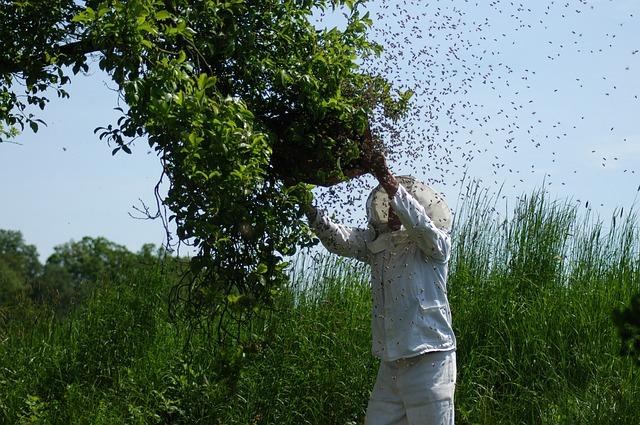
1. The living environment is not polluted
Bees are insects that only eat flowers. For the bee colonies to have enough nectar, beekeepers chase blossoms and hunt for honey. They reside in an unpolluted, natural setting with flowers, grass, and fresh air.
The factors that determine health are both advantages and disadvantages. In actuality, terrible living conditions are the root cause of many ailments. Because of this, beekeepers who spend their entire lives in nature seldom become sick, and even minor ailments frequently go away on their own with enough time.
2. Have a beautiful and natural mentality
The bee is a representation of laborious effort. When working with bees on a daily basis, a beekeeper may comprehend the connection between giving and receiving.
The beekeeper is also motivated by the bees’ dedication and honesty at the same time. They see no difference between people and bees. There will be a return. You can only truly appreciate life if you love it. They have a wide-ranging and organic attitude since anything you get for nothing is fanciful. They live longer than other people because of this thinking.
3. Eating honey can prolong the life
The primary product of beekeepers is honey. In actuality, a diet rich in honey is the primary factor in beekeepers’ enduring health. The energy and nutritional content of honey are exceptional. In order to retain youth and extend life, for instance, antioxidant-rich honey can remove oxygen-free radicals from the body. effect.
4. Eating propolis can slow down the aging
In order to rebuild the hive, bees create propolis, a viscous yellow-brown or dark-brown material. It has a wealth of nutrients, including flavonoids and terpenes, which can stabilize and expel oxygen from the body and control transaminase activity.
It can help slow down the aging process and extend life by increasing the biofilm activity and permeability of liver cells, controlling their oxidative and metabolic processes, and boosting the body’s defenses against illnesses.
5. Royal jelly can enhance immunity
Among foods with high levels of active ingredients, royal jelly is one. Oxygen free radicals in the human body may be its abundant antioxidant components. The immune system of the body can be strengthened by foods rich in royal jelly acid, taurine, vitamins, and trace minerals.
In addition, royal jelly’s rich nutritional components work together to control the body’s physiological processes and material metabolism in addition to providing the essential nutrients that the human body lacks. Eating royal jelly may not be the only factor in beekeepers’ long lifespans.
6. Bee pollen can enhance physical fitness
A great natural food source of nutrients, bee pollen is also a great tonic because it contains a variety of elements. More importantly, bee pollen contains a variety of biologically active compounds, including hormones, activating enzymes, flavonoids, and immunoglobulins, which have a dual regulatory effect on the body and can boost immunity.
As a result, bee pollen is important for maintaining good health, fighting disease, providing medical care, and slowing the aging process. Consuming bee pollen on a regular basis is also linked to a beekeeper’s longevity.
7. Bee stings can promote longevity
Getting stung by bees happens frequently to beekeepers, but it may be quite painful for regular humans. Bee stings might be beneficial to the body on occasion. If bee venom is injected into the body without causing an allergic reaction, it is a beneficial medicine that has a great impact on boosting immunity and lengthening life.
Poisonous bee stingers are similar to natural injection needles that can poison those who are injected. So, when maintaining bee colonies, beekeepers get stung frequently.
FAQ
Why do beekeepers have the longest life expectancy?
Every day of the year, beekeepers live in a clean, unpolluted environment. Being occasionally stung by bees, they have a natural attitude. In order to live longer, they frequently consume a range of bee products. Along with being natural and pure, these bee products.
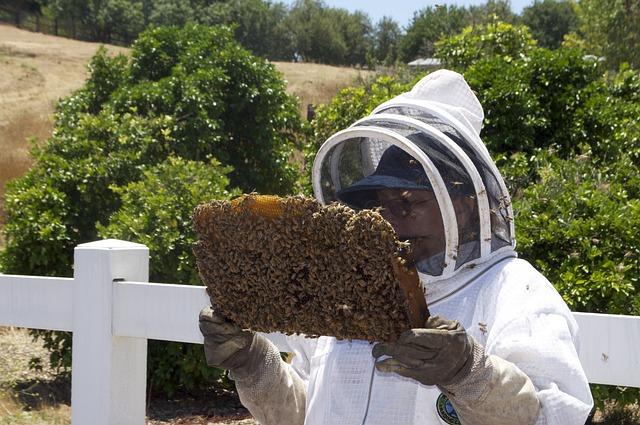
Do beekeepers have a long lifespan?
The idea that beekeepers appeared to live longer than everyone else is supported by a number of historical events.
Do beekeepers become immune to bee stings?
According to studies, the immune system is prompted to produce these defense-enhancing lgG antibodies by numerous bee stings. Therefore, a large number of beekeepers do have higher lgG levels at baseline, and they gradually desensitize themselves.
What is the average age of a beekeeper?
The demographics of beekeepers are similar to those of all other farmers; they are nearly 90% white males with an average age of 55.
